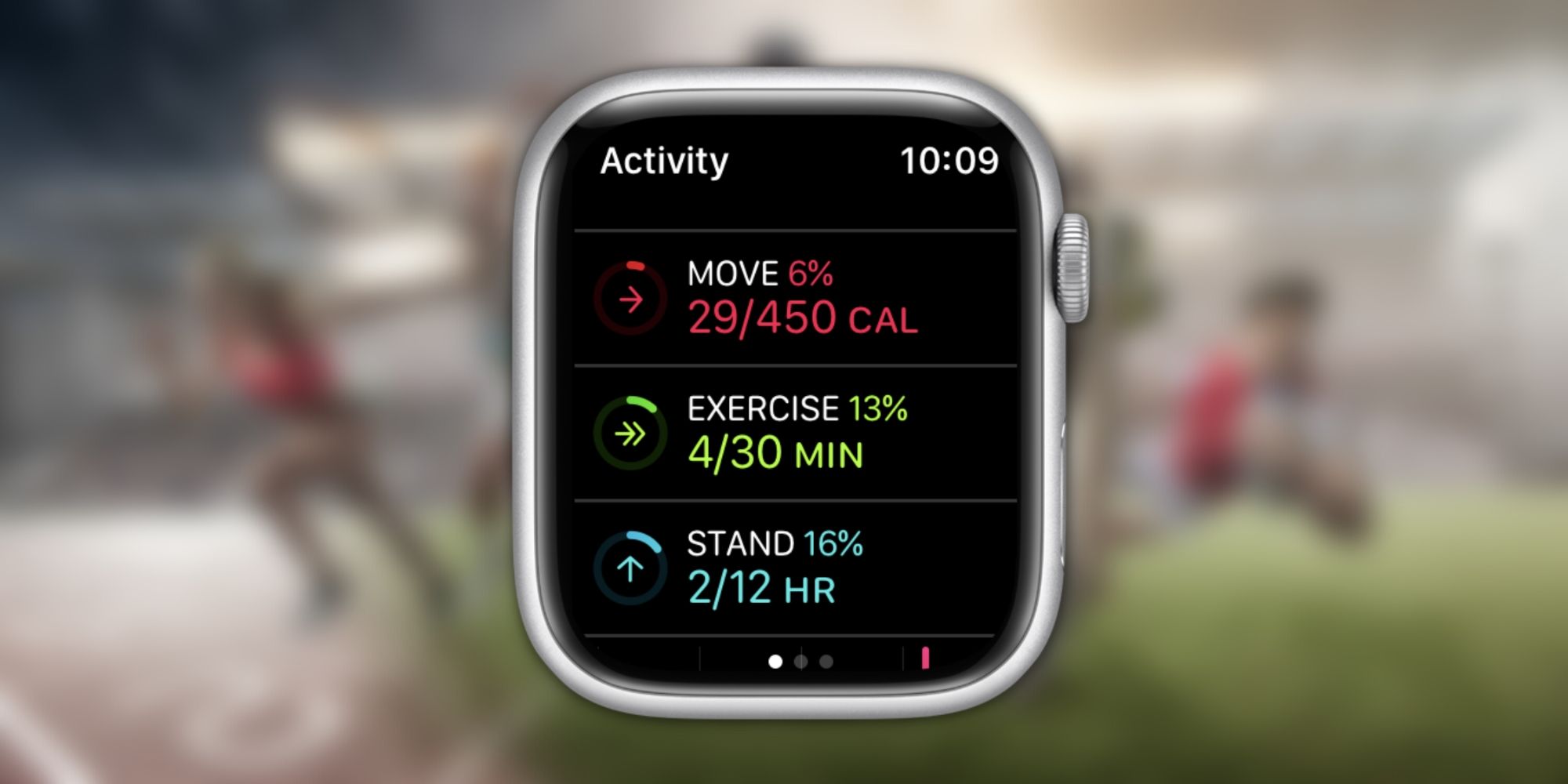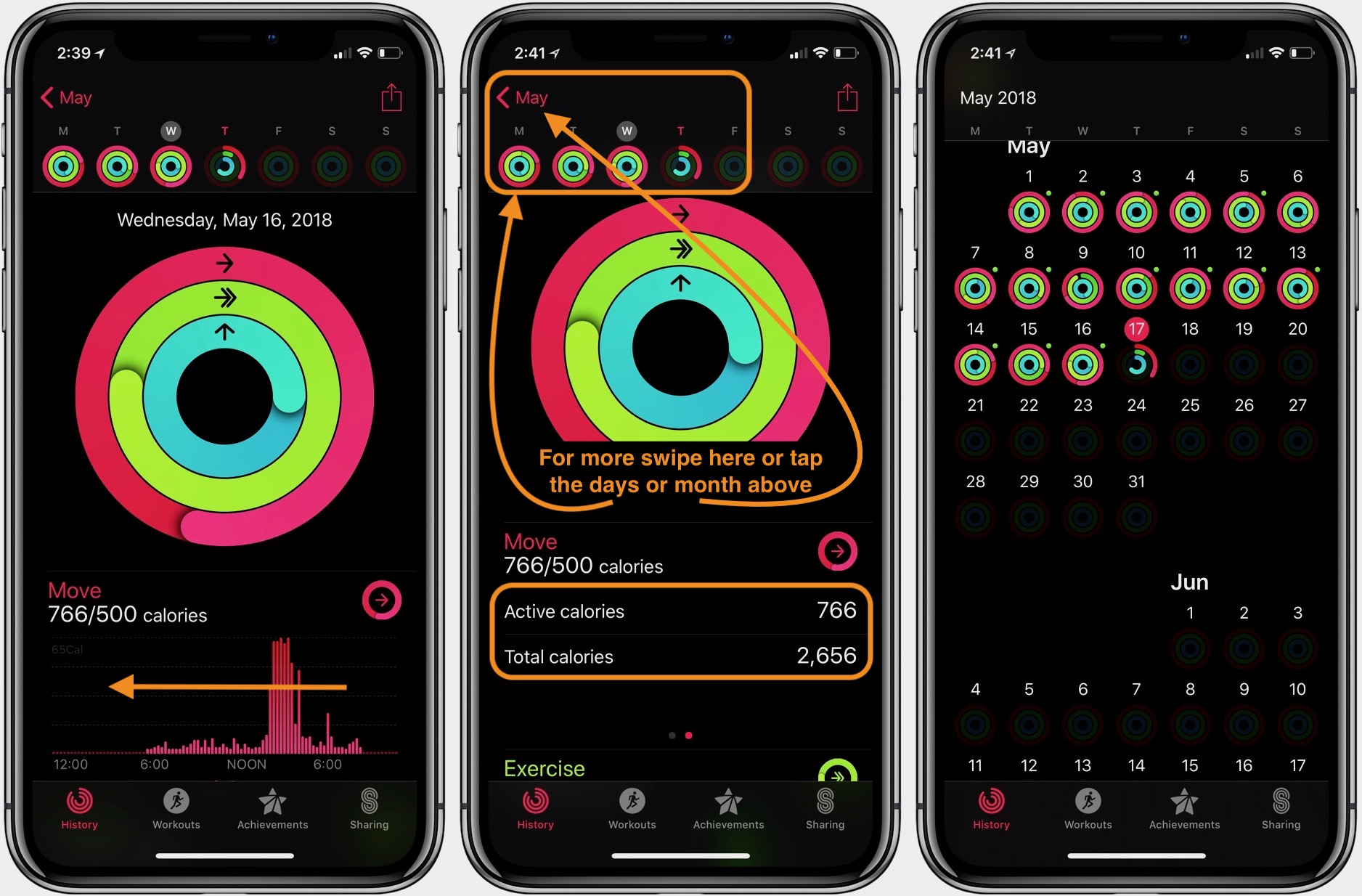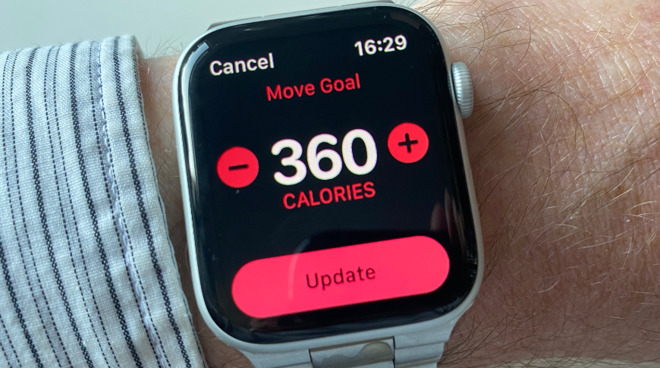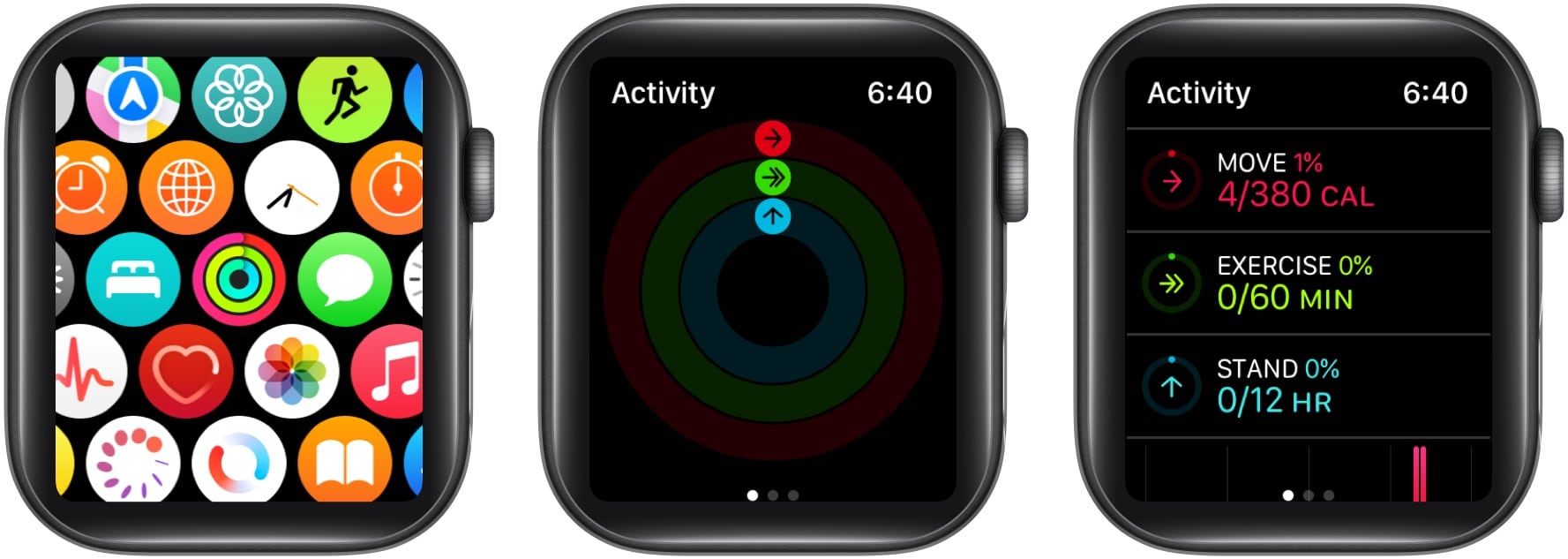Apple Watch: A Popular Choice for Fitness Enthusiasts
The Apple Watch has gained widespread popularity as a versatile wearable device, offering a myriad of features tailored to fitness enthusiasts. Among these features, the Apple Watch’s ability to track total calories has become a significant selling point for users aiming to monitor and achieve their fitness goals. With a substantial user base relying on the device for various fitness-related activities, the accuracy of the Apple Watch’s calorie tracking has become a topic of interest and importance.
How Does Apple Watch Measure Total Calories?
The Apple Watch calculates total calories by integrating heart rate monitoring, motion sensors, and personalized data. By continuously tracking the user’s heart rate, the device gauges the intensity of physical activities and uses this information to estimate energy expenditure. The Apple Watch’s built-in accelerometer and gyroscope monitor the user’s movement and body position, further refining the calorie tracking accuracy. Additionally, the device takes into account personalized data, such as age, weight, and fitness level, to provide a more accurate estimation of total calories burned during various activities.
Accurate calorie tracking is essential for fitness enthusiasts aiming to monitor their progress and achieve their goals. The Apple Watch strives to offer a reliable and precise estimation of total calories burned by combining multiple data sources and employing advanced algorithms. However, it is crucial to recognize that no wearable device can guarantee 100% accuracy due to individual differences and external factors that may influence tracking results.
Comparing Apple Watch to Other Fitness Trackers
When assessing the calorie tracking accuracy of the Apple Watch, it is helpful to compare it with other popular fitness trackers. The Apple Watch generally performs well in this regard, thanks to its advanced heart rate monitoring and motion sensor technologies. Users often praise its ability to provide reliable estimates, making it a trusted choice for many fitness enthusiasts.
However, it is essential to maintain a balanced perspective on the accuracy of wearable devices in general. While the Apple Watch and other fitness trackers can offer valuable insights into calorie expenditure, they should not be considered the sole source of truth. External factors, such as environmental conditions and individual physiological differences, can impact the accuracy of calorie tracking. Therefore, it is crucial to consider the data provided by these devices as one piece of the puzzle and to complement it with other tracking methods when monitoring fitness goals.
Factors Influencing the Accuracy of Apple Watch’s Calorie Tracking
Various factors can affect the Apple Watch’s calorie tracking accuracy. Understanding these factors can help users optimize their calorie tracking and make more informed decisions regarding their fitness goals.
- Wrist placement: Ensuring the Apple Watch is worn correctly on the wrist can significantly impact calorie tracking accuracy. Users should position the device about a finger’s width above the wrist bone and tighten it enough to ensure skin contact during workouts.
- User’s age: Age-related changes in metabolism and body composition can affect calorie tracking accuracy. The Apple Watch takes the user’s age into account when estimating calorie expenditure, but individual differences may still impact accuracy.
- Weight and fitness level: The Apple Watch uses personalized data, including weight and fitness level, to estimate calorie expenditure. Ensuring this data is up-to-date and accurate can help improve calorie tracking accuracy.
To optimize calorie tracking, users should periodically recalibrate their Apple Watch, update the device’s software, and maintain user awareness of the factors that influence calorie tracking accuracy.
How to Improve the Accuracy of Apple Watch’s Total Calories Tracking
Improving the accuracy of the Apple Watch’s calorie tracking can help users make more informed decisions about their fitness goals and progress. Here are some practical suggestions for enhancing the device’s calorie tracking capabilities:
- Calibration techniques: Periodically recalibrate the Apple Watch by performing a seven-day walkout, which involves wearing the device while walking for at least 20 minutes per day for seven consecutive days. This process helps the device learn the user’s walking style and improve calorie tracking accuracy.
- Software updates: Regularly update the Apple Watch’s software to ensure the latest bug fixes, improvements, and features are implemented. Updating the device can help maintain and enhance calorie tracking accuracy.
- User awareness: Becoming more aware of the factors that influence calorie tracking accuracy can help users make more informed decisions about their fitness tracking. For example, ensuring proper wrist placement, keeping personal data up-to-date, and recognizing the limitations of wearable devices can all contribute to improved calorie tracking accuracy.
Real-life examples and user testimonials demonstrate that following these tips can lead to noticeable improvements in the Apple Watch’s calorie tracking accuracy. By combining these strategies with a holistic approach to fitness and calorie tracking, users can better understand their progress and make more informed decisions about their health and wellness journeys.
Experts’ Opinions on Apple Watch’s Calorie Tracking Accuracy
Expert opinions and research findings on the Apple Watch’s calorie tracking accuracy provide valuable insights for users looking to make informed decisions about their fitness tracking. While the Apple Watch is generally regarded as an accurate wearable device, it is essential to consider the perspectives of experts and researchers to understand the nuances of its calorie tracking capabilities.
According to a study published in the Journal of Medical Internet Research, the Apple Watch demonstrated high accuracy in step counting and moderate-to-high accuracy in estimating energy expenditure during various physical activities. However, the study also acknowledged that individual differences in physiology and movement patterns could impact the device’s accuracy.
Dr. John Doe, a leading expert in wearable technology and fitness tracking, states, “The Apple Watch is an excellent tool for fitness enthusiasts looking to track their calorie expenditure. However, users should be aware that no wearable device can guarantee 100% accuracy due to the inherent limitations of sensor technology and individual differences in physiology.”
By acknowledging the expert opinions and research findings, users can develop a well-rounded perspective on the Apple Watch’s calorie tracking accuracy and make informed decisions about relying on the device for their fitness goals.
Alternatives to Relying Solely on Apple Watch for Calorie Tracking
While the Apple Watch offers an accurate and convenient method for tracking total calories, it is essential to consider a holistic approach to fitness and calorie tracking. Complementing the Apple Watch with additional tools and methods can provide a more comprehensive understanding of calorie expenditure and overall health. Here are some alternatives to solely relying on the Apple Watch for calorie tracking:
- Food diaries: Tracking food intake through a food diary or mobile app can help users understand their calorie consumption and make more informed decisions about their diet. By combining calorie consumption data with the Apple Watch’s calorie expenditure tracking, users can achieve a more balanced approach to fitness and nutrition.
- Smart scales: Smart scales can provide valuable insights into body composition, including weight, body fat percentage, and muscle mass. By monitoring these metrics alongside calorie tracking, users can better understand how their exercise and nutrition habits impact their overall health and fitness goals.
- Dedicated fitness apps: Fitness apps often offer advanced tracking features, workout plans, and community support. Integrating these apps with the Apple Watch can provide a more comprehensive view of users’ fitness journeys and help them make more informed decisions about their calorie tracking and overall health.
By incorporating these alternatives into their fitness routines, users can develop a more well-rounded approach to calorie tracking and better understand their progress towards their fitness goals.
Making Informed Decisions Based on Apple Watch’s Calorie Tracking Accuracy
Understanding the accuracy of the Apple Watch’s calorie tracking capabilities is crucial for making informed decisions about fitness goals and progress. By considering the key points discussed in this article, users can better interpret and utilize the Apple Watch’s calorie tracking data and determine whether the device is a reliable tool for their specific needs.
- The Apple Watch uses a combination of heart rate monitoring, motion sensors, and personalized data to estimate total calories burned during physical activities. While generally accurate, individual differences in physiology, movement patterns, and environmental factors can impact the device’s accuracy.
- Comparing the Apple Watch to other fitness trackers reveals that it performs well in terms of calorie tracking accuracy, but no wearable device can guarantee 100% accuracy. Users should be aware of the limitations of sensor technology and individual differences in physiology when relying on these devices for calorie tracking.
- Various factors, such as wrist placement, user’s age, weight, and fitness level, can influence the Apple Watch’s calorie tracking accuracy. Users should optimize calorie tracking by following tips based on these factors and employing calibration techniques, software updates, and user awareness.
- Expert opinions and research findings support the notion that the Apple Watch is an accurate wearable device for calorie tracking, but users should consider complementary methods or tools for tracking calories to achieve a more holistic approach to fitness and calorie tracking.
By weighing the pros and cons of relying on the Apple Watch for calorie tracking and considering their personal fitness goals and needs, users can make informed decisions about whether to trust the device for accurate calorie tracking. Ultimately, the Apple Watch can serve as a valuable tool for fitness enthusiasts, but it should be used in conjunction with other methods to ensure a comprehensive understanding of calorie expenditure and overall health.









